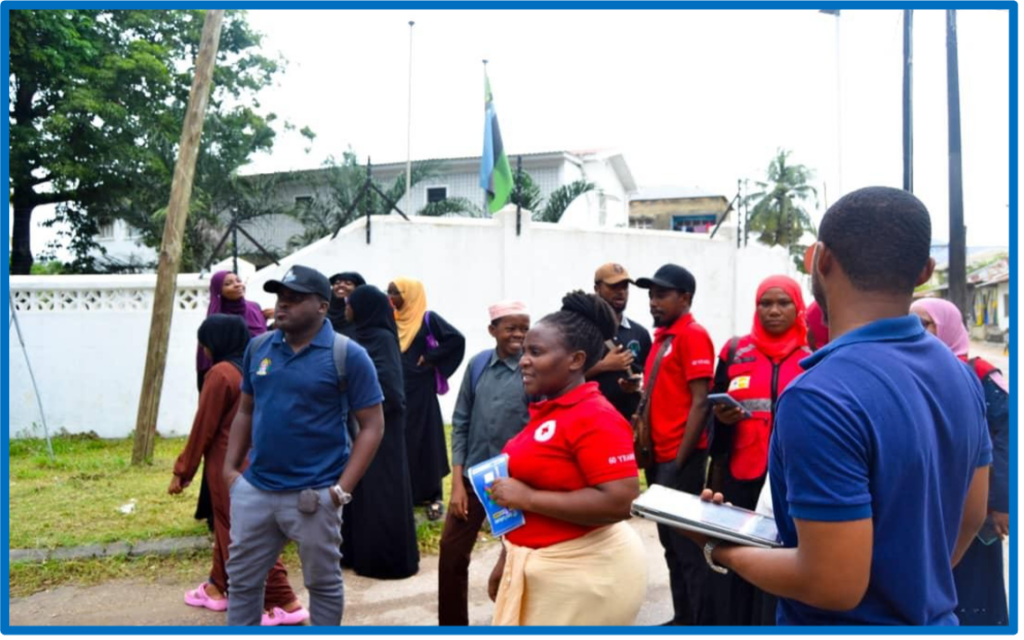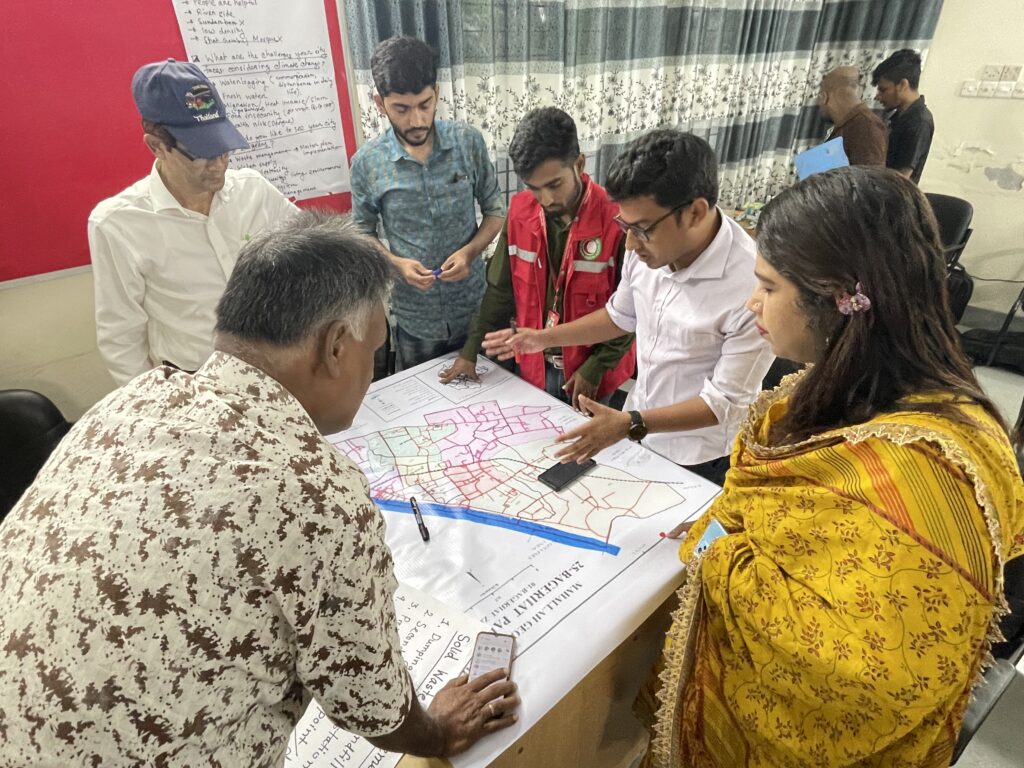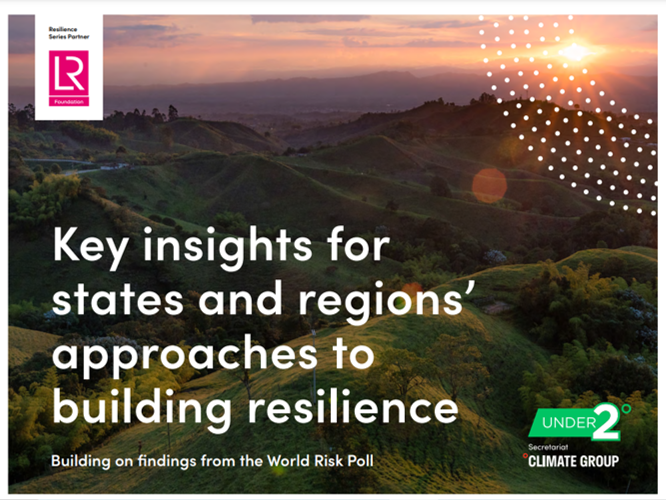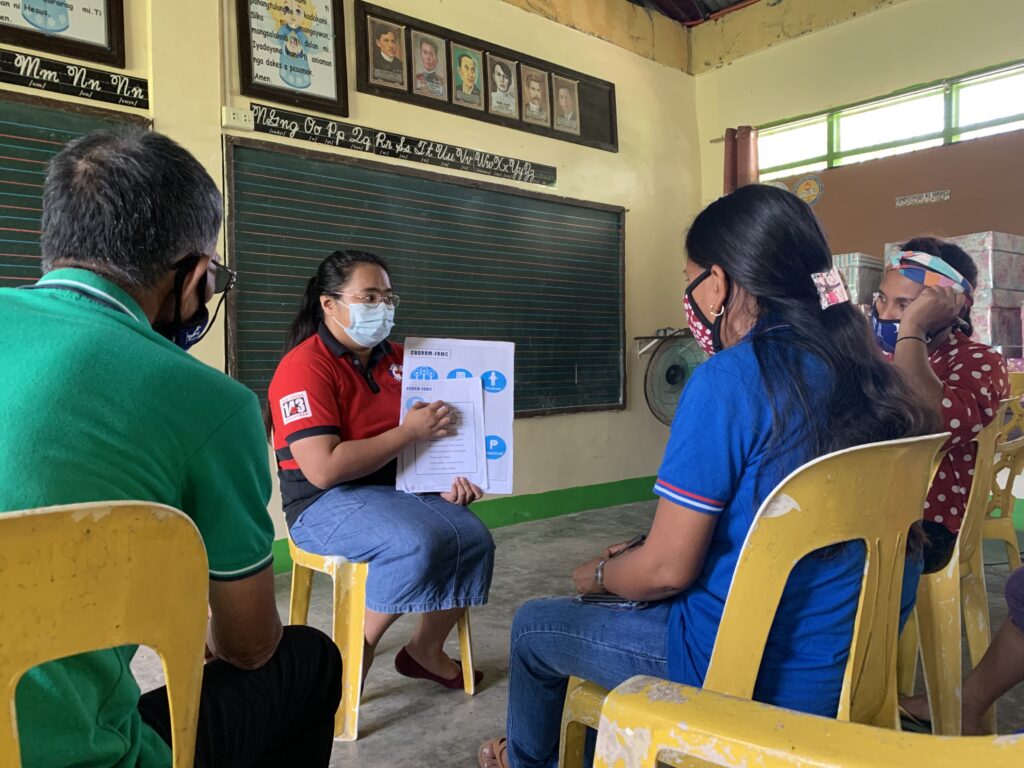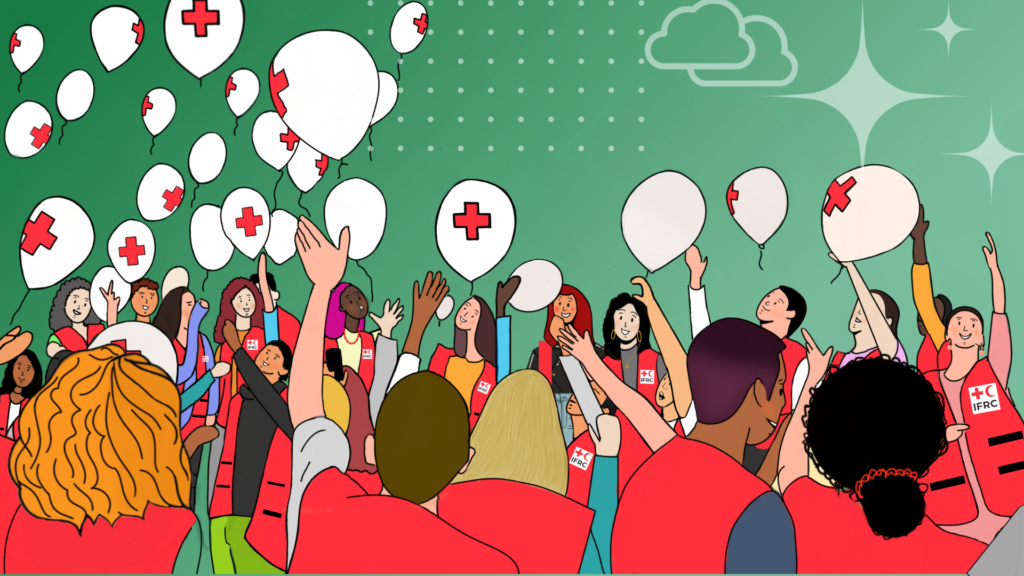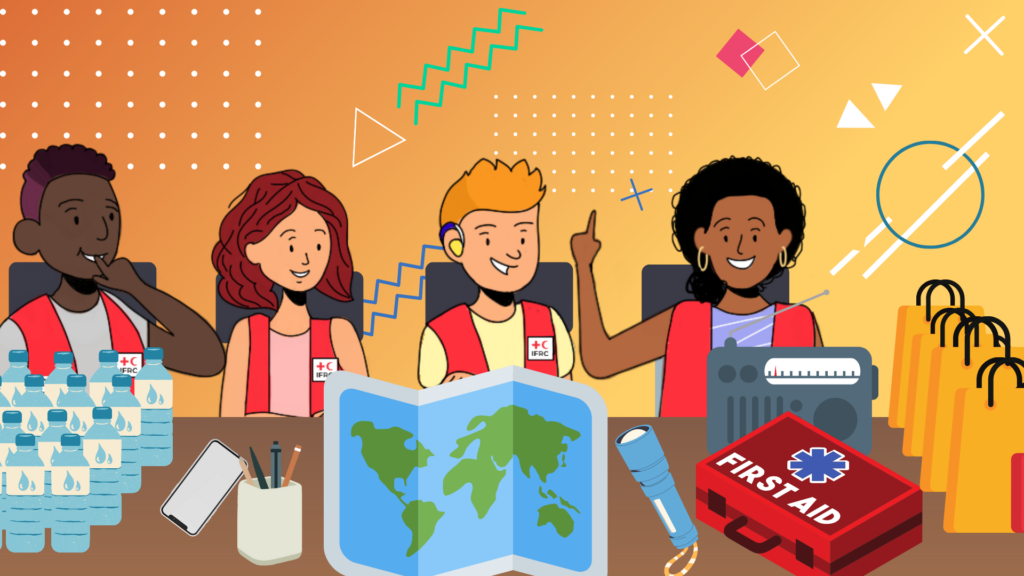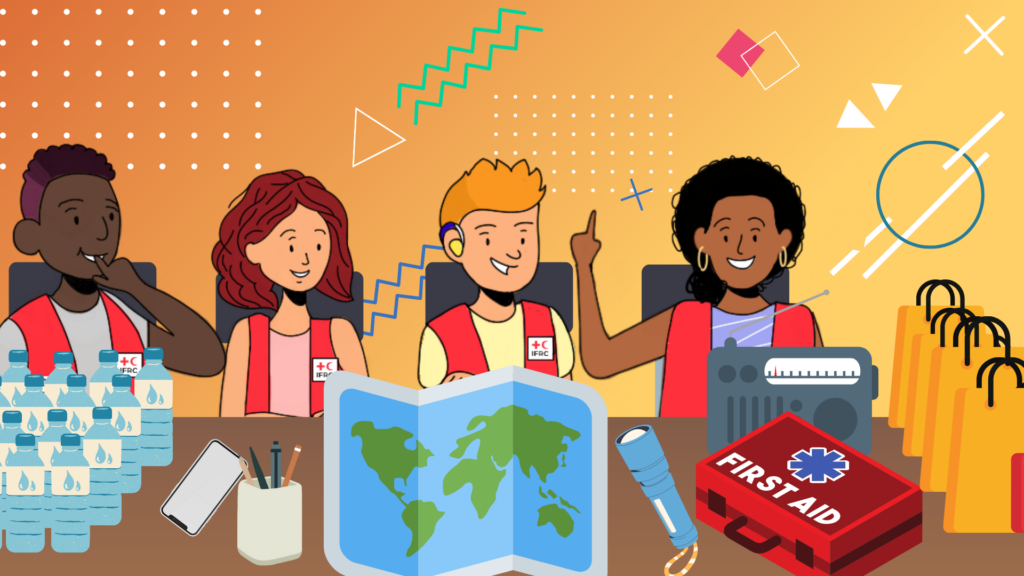Digital mapping the cities and communities to understand risks and vulnerabilities
Around ending of December to January month as a way of complimenting the achievements of the previous City-Wide Risk Assessment Tanzania Red Cross Society (TRCS) in collaboration with ARDHI and Climate Change Alliance (ZACCA) conducted the GIS-based Mapping in both part of Tanga and Unguja cities. The assessment aiming at developing municipality-level GIS-based Base Map […]
Digital mapping the cities and communities to understand risks and vulnerabilities Read More »

